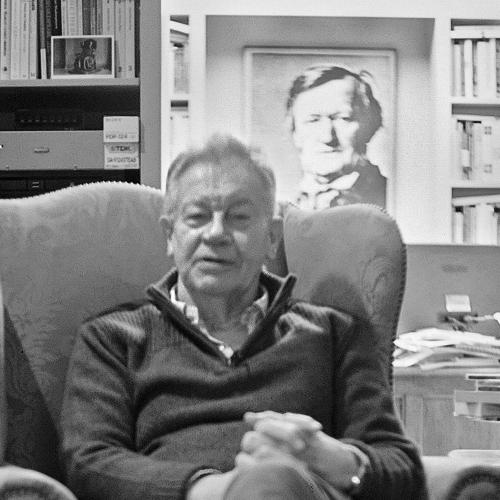COMPOSERS: Schubert
LABELS: Stone Records/ Onyx Classics
WORKS: Schwanengesang
Schwanengesang;
Der Hochzeitsbraten, D930
Matthew Rose (bass), Christina Gansch (soprano), Robert Murray (tenor), Malcolm Martineau (piano)
Stone Records 5060192780475 60 mins
Schwanengesang
Florian Boesch (baritone),
Malcolm Martineau (piano)
Onyx Classics ONYX 4131 66:36 mins
There is something slightly odd about Matthew Rose’s recording: he’s one of our most powerful basses but sounds as if he is holding himself in check for the first song of Schubert’s so-called cycle Schwanengesang, or as if the microphone has been placed at a distance. The acoustic goes on varying, but I got used to that and was, as usual with this singer, and this marvellous accompanist, Malcolm Martineau, soon enjoying myself without qualification.
Rose’s voice may be best suited to the more boisterous songs, such as ‘Der Atlas’, but he can also be delicate without sounding precious, as in ‘Ständchen’ (Serenade) and the extra song, ‘Die Taubenpost’ (The Pigeon-Post). As makeweight for the 45 minutes the cycle lasts, Stone Records have come up with a rare, 13-minute long scena for three singers, Rose being one. It is moderately charming, but I don’t think anyone will want to listen to it more than once or twice.
Listening to Florian Boesch’s disc immediately after Matthew Rose’s recording of the same cycle, his singing of ‘Liebesbotschaft’ (Love’s Message) sounded almost comically effete. Partly that is a matter of the difference between a bass and a baritone, but partly it is because Boesch seems to be experimenting with his voice, and unwisely. When he sings out he is as strong here as in his other Schubert recordings, and he is fortunate to have Malcolm Martineau as his accompanist, as is Rose.
He has altered the sequence of the songs, but I don’t know why. And in the middle of the cycle he has placed five of Schubert’s most imposing songs, to texts by Goethe. Here he shows how powerfully he can bluster, though he fails to plumb the depths of the three sublime Harper’s Songs. There’s fine singing here, but overall disappointment.
Michael Tanner

